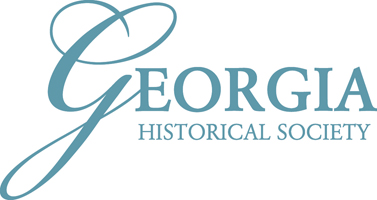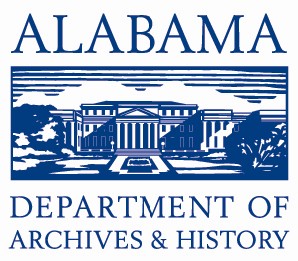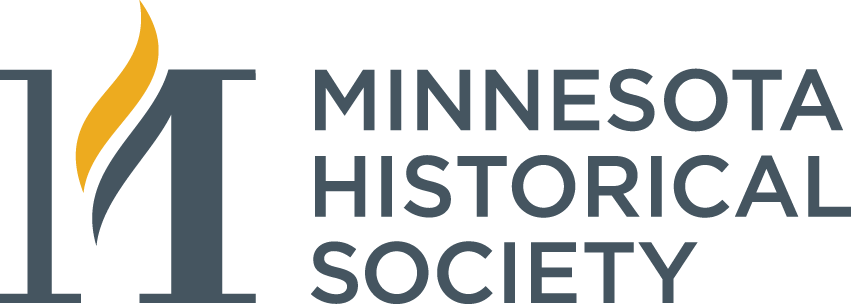from Apr. 14, 1865
Joseph Medill to Abraham Lincoln
-
Full Title
Letter to Abraham Lincoln from Joseph Medill
-
Description
Chicago Tribune newspaper editor and owner Joseph Medill's handwritten letter to Abraham Lincoln the day of Lincoln's assassination, April 14, 1865. With Union victory in sight, Medill advises Lincoln to "not deal too leniently" with the Confederate leaders. Lincoln would never receive this letter.
-
Transcription
Page one
Chicago, April 14, 1865
President Lincoln
Dr Sir. I am confident that the vast majority of the Republican party will sustain the views laid down in your recent speech now that the rebellion is in the condition of that fellow’s dog which swallowed the cake containing powder and punk. The people will feel desirous of admitting the seceded States as fast as it can safely be done. Your illustration of the egg and the fowl I think was very happy. If you have time to run your eye over the enclosed slip
Page two
you will perceive that we back you up stoutly. But while we all feel resolved to give you a hearty support we do hope that you will not deal too leniently with the cruel, vindictive millions who starved to death with devilish malice 25,000 of our brave patriotic sons and brothers. There can be no forgiveness for them on this side of the grave. At their head is the miscreant Jeff Davis. If it be deemed best not to hang many of the ringleaders, some at least ought to be executed and no seceder from congress should be allowed
Page three
to set foot in the halls of congress again. No West Pointer who resigned federal service to take up arms against his country should ever be allowed to hold a commission in our army again. It may not be advisable to confiscate the property of rebels or to hang many of them, but surely the leaders should all be disenfranchised and forbidden to hold office. I think this much of the loyal people will strenuously insist upon. The ignorant masses we can forgive. They have been well punished for their folly already, but the guilty leaders should be taught that there is just punishment often death.
Page four
We hope to have you here at the opening of our Great Fair – accompanied by Mrs. Lincoln. Our people count on it. You have staid (sic) in Washington long enough without a furlough and should now take one. The weather will be delightful, and everything will conspire to make your visit pleasant and agreeable. We will agree not to shake you to death but will not pledge to refrain from pretty loud cheering.
Yours Truly,
J. Medill
-
Source
Robert R. McCormick Research Center, VI-5 Eleanor Medill Patterson Papers
-
Rights
This item may be reproduced and used for any purpose, including research, teaching, private study, publication, broadcast or commercial use, with proper citation and attribution.
-
Tags
-
Cite this Item
Medill, Joseph, 1823-1899. "Letter to Abraham Lincoln from Joseph Medill ". Remembering Lincoln. Web. Accessed December 15, 2025. https://rememberinglincoln.fords.org/node/267
from Apr. 14, 1865
Letter to Abraham Lincoln from Joseph Medill

-
Description
Chicago Tribune newspaper editor and owner Joseph Medill's handwritten letter to Abraham Lincoln the day of Lincoln's assassination, April 14, 1865. With Union victory in sight, Medill advises Lincoln to "not deal too leniently" with the Confederate leaders. Lincoln would never receive this letter.
-
Source
Robert R. McCormick Research Center, VI-5 Eleanor Medill Patterson Papers
-
Rights
This item may be reproduced and used for any purpose, including research, teaching, private study, publication, broadcast or commercial use, with proper citation and attribution.
-
Creator
Medill, Joseph, 1823-1899
-
Date
April 14, 1865
-
Material
Letter
from Apr. 15, 1865
Horace Averill Crane letter
-
Full Title
Horace Averill Crane letter
-
Description
Letter from Horace Averill Crane to his brother-in-law, Thomas Jackson Charlton regarding President Abraham Lincoln's assassination and the state of the nation.
Dr. Thomas J. Charlton, II (1833-1886) graduated from the Savannah Medical College in 1856. In 1857, he was appointed as a surgeon in the United States Navy. At the outbreak of the Civil War, Charlton resigned his commission and joined the Confederate States Navy, serving aboard the commerce raider Florida.
-
Source
Thomas J. Charlton Family Papers, MS 132
-
Rights
Use of this item for research, teaching and private study is permitted with proper citation and attribution, as defined here. Reproduction of this item for publication, broadcast or commercial use requires written permission. For permission, please contact the Georgia Historical Society Research Center at library@georgiahistory.com.
-
Tags
-
Cite this Item
Horace Averill Crane. "Horace Averill Crane letter". Remembering Lincoln. Web. Accessed December 15, 2025. https://rememberinglincoln.fords.org/node/257
from Apr. 15, 1865
Horace Averill Crane letter
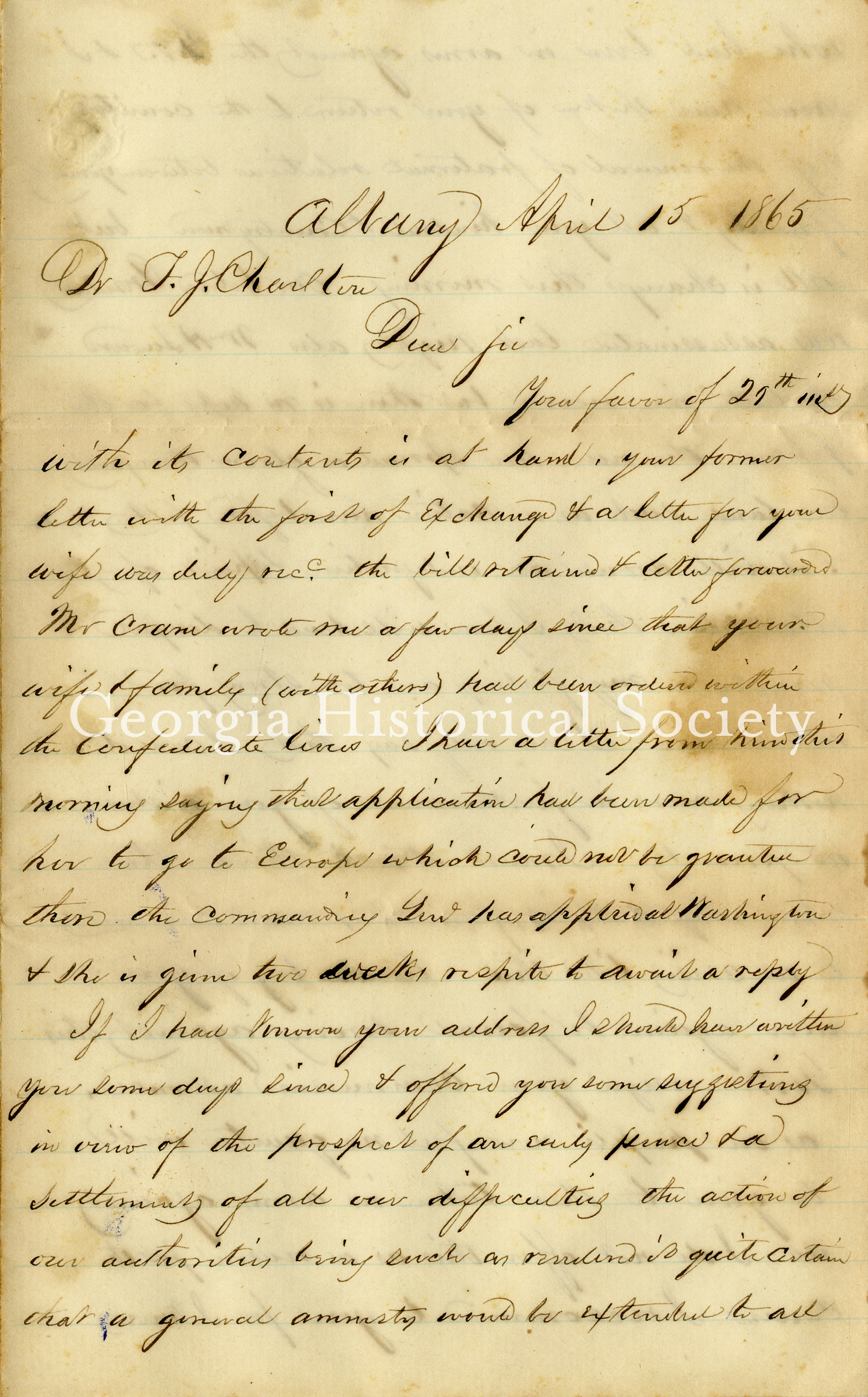
-
Description
Letter from Horace Averill Crane to his brother-in-law, Thomas Jackson Charlton regarding President Abraham Lincoln's assassination and the state of the nation.
Dr. Thomas J. Charlton, II (1833-1886) graduated from the Savannah Medical College in 1856. In 1857, he was appointed as a surgeon in the United States Navy. At the outbreak of the Civil War, Charlton resigned his commission and joined the Confederate States Navy, serving aboard the commerce raider Florida.
-
Source
Thomas J. Charlton Family Papers, MS 132
-
Rights
Use of this item for research, teaching and private study is permitted with proper citation and attribution, as defined here. Reproduction of this item for publication, broadcast or commercial use requires written permission. For permission, please contact the Georgia Historical Society Research Center at library@georgiahistory.com.
-
Creator
Horace Averill Crane
-
Date
April 15, 1865
from Apr. 14, 1866
"Signifcant [sic] Letter."
-
Full Title
"Signifcant [sic] Letter."
-
Description
Excerpt of a letter from Ward Hill Lamon, former U.S. Marshal, to President Johnson. In it Lamon, a close friend of Abraham Lincoln, explains the late president’s plans for restoring the Union after the war: “I was made entirely certain by his own repeated declarations to me, that he would exert all his authority, power and influence to bring about an immediate reconciliation between the two sections of the country…All the energies of his nature were given to a vigorous prosecution of the war while the rebellion lasted, but he equally determined upon a vigorous prosecution of peace as soon as the armed hostility should end.” Published in The Selma Morning Times on April 14, 1866.
-
Source
Excerpt from the The Selma Morning Times, item number 24.0046. Catalog record for this title is available here.
-
Rights
Use of this item for research, teaching and private study is permitted with proper citation and attribution, as defined here. Reproduction of this item for publication, broadcast or commercial use requires written permission. For permission, please contact the Alabama Department of Archives and History.
-
Tags
-
Cite this Item
The Selma Morning Times. ""Signifcant [sic] Letter."". Remembering Lincoln. Web. Accessed December 15, 2025. https://rememberinglincoln.fords.org/node/230
from Apr. 14, 1866
"Signifcant [sic] Letter."

-
Description
Excerpt of a letter from Ward Hill Lamon, former U.S. Marshal, to President Johnson. In it Lamon, a close friend of Abraham Lincoln, explains the late president’s plans for restoring the Union after the war: “I was made entirely certain by his own repeated declarations to me, that he would exert all his authority, power and influence to bring about an immediate reconciliation between the two sections of the country…All the energies of his nature were given to a vigorous prosecution of the war while the rebellion lasted, but he equally determined upon a vigorous prosecution of peace as soon as the armed hostility should end.” Published in The Selma Morning Times on April 14, 1866.
-
Source
Excerpt from the The Selma Morning Times, item number 24.0046. Catalog record for this title is available here.
-
Rights
Use of this item for research, teaching and private study is permitted with proper citation and attribution, as defined here. Reproduction of this item for publication, broadcast or commercial use requires written permission. For permission, please contact the Alabama Department of Archives and History.
-
Creator
The Selma Morning Times
-
Date
April 14, 1866
from Apr. 15, 1865
Joseph A. Wheelock to Kate French Wheelock
-
Full Title
Note from Joseph A. Wheelock to his wife, Kate French Wheelock, upon hearing news of Lincoln's death
-
Description
A short, personal note from Joseph Albert Wheelock, a journalist in Saint Paul, to his wife Kate French Wheelock, commenting on the assassination of President Lincoln. It reads: "My darling, If you have tears prepare to shed them now Weep - Weep - Weep for the Slain of the daughters of my people." The envelope with it is just as interesting: "Father's note to Mother when Lincoln was assassinated. Mr. Colgrave told me that he was with Father when the news came - and that he staggered across the room sank down and burst into tears."
-
Transcription
My darling, If you have tears prepare to shed them now Weep - Weep - Weep for the Slain of the daughters of my people.
-
Source
Joseph A. Wheelock and Family Papers, 1719, 1756, 1803 - 1906. P334, box 4, Minnesota Historical Society
-
Rights
Use of this item for research, teaching, and private study is permitted with proper citation and attribution, as Joseph A. Wheelock and family papers, Minnesota Historical Society. Reproduction of this item for publication, broadcast, or commercial use requires written permission. For permission, please see this web page: http://bit.ly/1ml2lCd
-
Tags
-
Cite this Item
Joseph Albert Wheelock. "Note from Joseph A. Wheelock to his wife, Kate French Wheelock, upon hearing news of Lincoln's death". Remembering Lincoln. Web. Accessed December 15, 2025. https://rememberinglincoln.fords.org/node/189
from Apr. 15, 1865
Note from Joseph A. Wheelock to his wife, Kate French Wheelock, upon hearing news of Lincoln's death
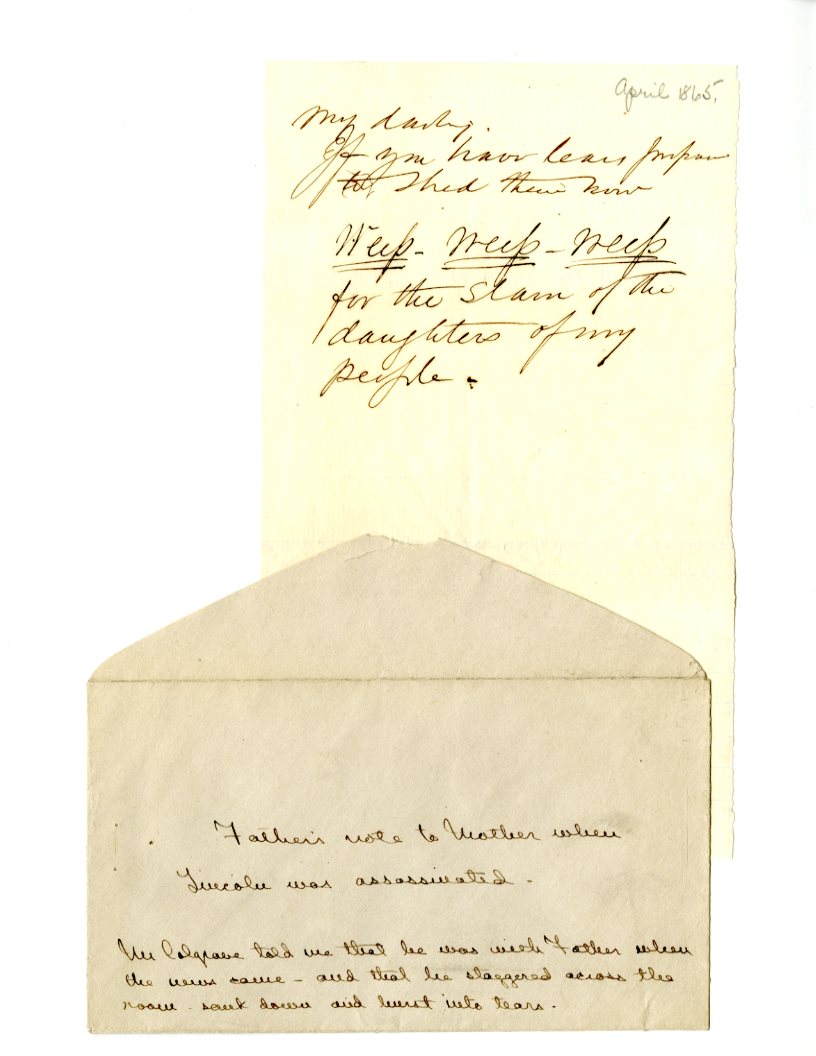
-
Description
A short, personal note from Joseph Albert Wheelock, a journalist in Saint Paul, to his wife Kate French Wheelock, commenting on the assassination of President Lincoln. It reads: "My darling, If you have tears prepare to shed them now Weep - Weep - Weep for the Slain of the daughters of my people." The envelope with it is just as interesting: "Father's note to Mother when Lincoln was assassinated. Mr. Colgrave told me that he was with Father when the news came - and that he staggered across the room sank down and burst into tears."
-
Source
Joseph A. Wheelock and Family Papers, 1719, 1756, 1803 - 1906. P334, box 4, Minnesota Historical Society
-
Rights
Use of this item for research, teaching, and private study is permitted with proper citation and attribution, as Joseph A. Wheelock and family papers, Minnesota Historical Society. Reproduction of this item for publication, broadcast, or commercial use requires written permission. For permission, please see this web page: http://bit.ly/1ml2lCd
-
Creator
Joseph Albert Wheelock
-
Date
April 15, 1865
-
Material
paper

